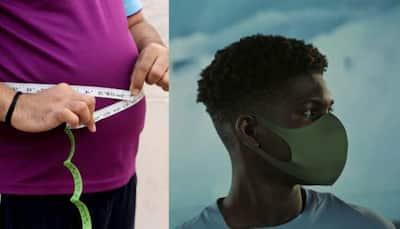Indigenous communities in Latin America say they are being excluded from the global HIV/AIDS response, leaving them without access to life-saving medicines and prevention tools. The Latin America region as a whole is grappling with an increasing number of new HIV infections according to UNAIDS, amid dwindling funding to tackle the disease. Indigenous people affected by HIV say they feel “invisible” as there is no data on the prevalence of the virus in their communities and they can’t access medicines for HIV treatment or prevention.
Community leaders have written to the International AIDS Society (IAS) demanding “permanent representation” within the organization, where they say they currently have no representation. “Current epidemiological data does not do justice to us since we are considered part of the general population, which makes us invisible and makes our realities invisible,” said Fernando Chujutalli Córdova, an HIV activist from Peru, at an HIV conference in Lima last week “Without our voices, we remain invisible, silenced, and trapped in profound inequality.” Already facing challenges including racism, stigma, and discrimination, affected communities are calling for targeted interventions to ensure their survival.
Citing a statement by a coalition representing indigenous people with HIV/AIDS, Córdova said institutions were failing to address the needs of indigenous communities in the HIV response, putting them at risk of “extinction”. Wit.


















